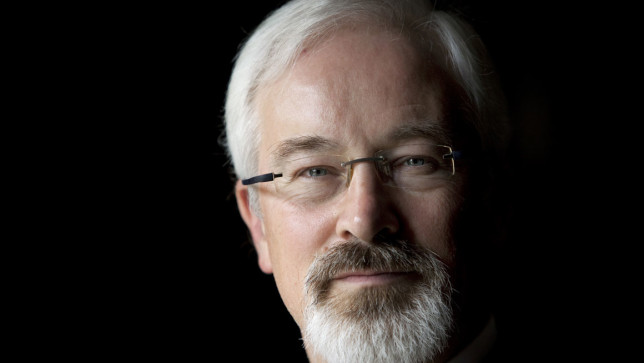
“For glyphosate the conclusion is clear: this herbicide should be banned worldwide.”
Monsanto was not happy about the World Health Organization (WHO) declaring glyphosate – the main ingredient in its best-selling Roundup herbicide – to be “probably carcinogenic,” so it is more than likely the biotech company will not be pleased with this news, either.
But really, who cares? Glyphosate has been linked to a number of chronic conditions – numerous times, therefore, should be banned worldwide. And this is exactly what the president of the Portuguese Medical Association is calling for.
Sustainable Pulse reports that the Portuguese Parliament recently approved the new statutes of the Portuguese Medical Association, which allow for a significant improvement in its management, organization, and response time.
One of the concerns of the association’s president, José Manuel Silva, is on the safety of the glyphosate, which is in the most commonly used herbicides in the world. In fact, in the last decade. the use of glyphosate has soared by about 50%.
This is an issue, as the carcinogenic compound is routinely detected in food, air, rainwater and rivers, urine, blood, and even breast milk. Furthermore, it’s been linked with issues such as celiac disease, infertility, congenital malformations, kidney disease, autism and other pathologies.
Despite numerous studies concluding glyphosate to be toxic and a contributor to modern-day illnesses, Monsanto and other biotech corporations are adamant it is safe.
For this reason and others, Silva is doing his best to curb the allowance of glyphosate and is calling for it to be banned worldwide.
When he spoke to Parliament, he noted that three of the studies referenced by the IARC showed a connection between glyphosate exposure and non-Hodgkin lymphoma (NHL), whose incidence has increased significantly in the last 30 years.
In addition, he suggested that the IARC is actually erring on the conservative side. Silva brought to attention the fact that the evaluations have focused on the active ingredient – glyphosate itself – even though the commercial formulation contains other chemical compounds, often called ‘inert ingredients.’
For example, herbicides such as glyphosate are often mixed with POEA, polyoxyethylene alkylamine, to make the herbicide glyphosate more efficient. Meanwhile, POEA is known to be more highly toxic than glyphosate.
Consistent research shows that a significant share of the pesticides’ total toxicity may be attributed to these adjuvants, or inert ingredients. Despite its benign reputation, Roundup is among the most toxic herbicides used anywhere in the world.
Natural Society points out that every year, human beings are exposed simultaneously to chemical compounds of multiple origins which may interact synergistically. When glyphosate is added to the other 5.2 billion pounds of various pesticides used around the globe, it becomes increasingly evident as to why diseases of the modern age are becoming more and more prevalent.

Silva argued:
“Taken together, this data suggests that a careful reflection on glyphosate’s future, and globally on the management of food chemical risks, is in order. The worldwide acknowledged precautionary principle says that, in the face of clear evidence of harm, action to protect human health and the environment should not wait for final scientific evidence. For glyphosate the conclusion is clear: this herbicide should be banned worldwide.”
What are your thoughts? Do you agree or disagree? Please comment below and share this news!
This article (President Of Portuguese Medical Association Calls For Global Ban On Glyphosate) is free and open source. You have permission to republish this article under a Creative Commons license with attribution to the author and TrueActivist.com




